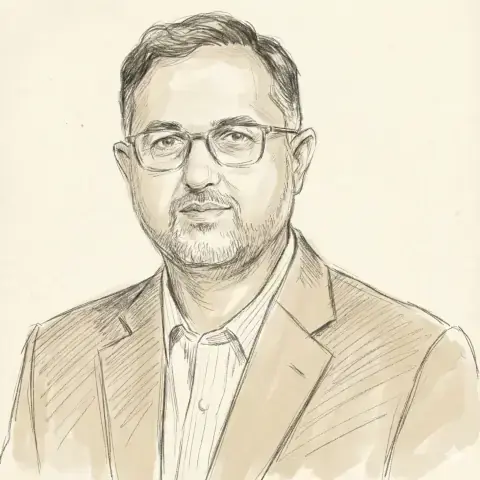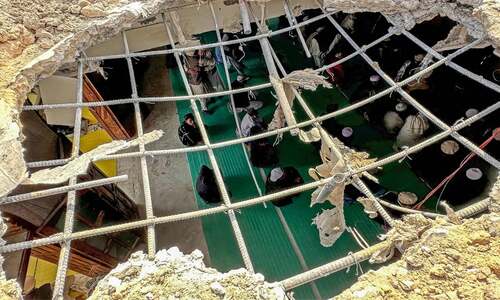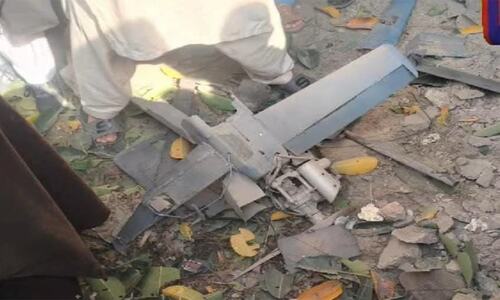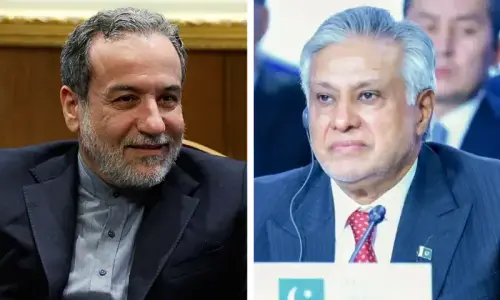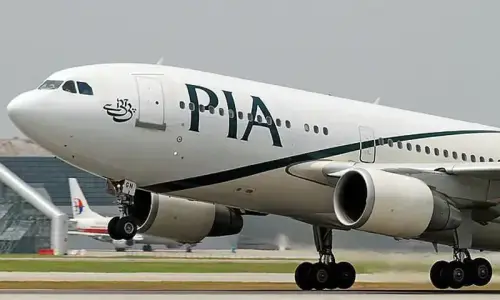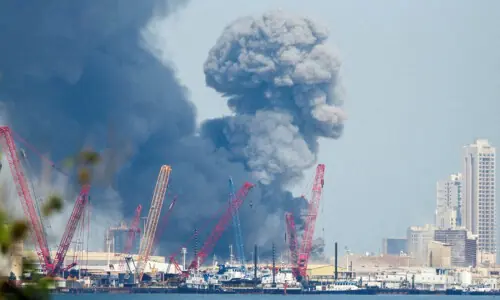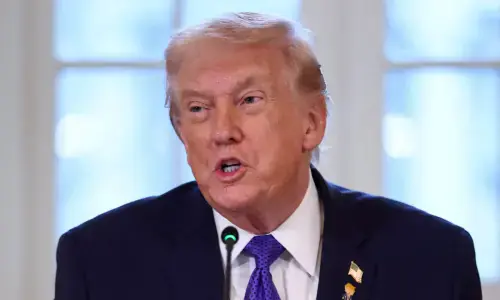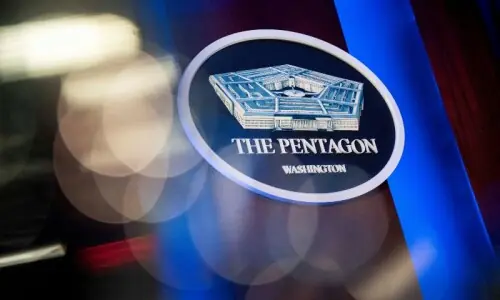ISLAMABAD: In a renewed push for a political settlement of the nearly two-decade-old Afghan conflict, Pakistan is hosting the United States and Taliban representatives to persuade the two sides to resume their stalled peace talks.
A Taliban delegation led by Mullah Abdul Ghani Baradar, who is the chief of the insurgent group’s Doha-based political bureau, arrived here on Wednesday on the invitation of the Pakistan government, according to multiple sources, while the US delegation headed by Special Envoy for Afghan Reconciliation Ambassador Zalmay Khalilzad had arrived a day earlier.
The Foreign Office in a statement confirming the visit of the Taliban Political Commission (TPC) delegation said it would provide an “opportunity to review the progress made under US-Taliban peace talks so far, and discuss the possibilities of resuming the paused political settlement process in Afghanistan”.
Both delegations will remain in Islamabad for the next few days. They will be separately meeting senior Pakistani leaders and in case of an agreement on resumption of the negotiations, the visiting delegations could also meet each other.
Baradar leads delegation, ready to meet Khalilzad
Taliban spokesman Suhail Shaheen said: “If Khalilzad is there and is willing to meet up, then we are open to it.”
The FO statement on the TPC trip only mentioned that the delegation’s meeting with Foreign Minister Shah Mehmood Qureshi was being worked out.
The US and Taliban had over the past nine months held nine rounds of negotiations under a process facilitated by Pakistan and were close to a deal when President Donald Trump on Sept 7 called off the engagement with the Taliban after the death of an American soldier in an insurgent attack in Kabul. The deal was scheduled to be signed on Sept 13, which would then have led to ceasefire and intra-Afghan dialogue.
Prime Minister Imran Khan had in his meetings with President Trump and Ambassador Khalilzad on the sidelines of the UN General Assembly session in New York urged them to revive the dialogue so that progress could be made towards a political settlement of the Afghan conflict. The visit of the delegations to Islamabad is a follow-up to Mr Khan’s initiative for the resumption of US-Taliban parleys.
A senior diplomatic observer described the simultaneous visits of the US and Taliban negotiating teams as a “prelude to the resumption of talks”.
Another diplomatic source hinted that the Taliban were keen on restarting talks with the United States. However, the US wanted to make the resumption conditional to ceasefire and Afghan government’s participation in the process.
The Taliban had in previous rounds of talks remained staunchly opposed to engagement with Kabul and had been linking any intra-Afghan process to a deal with the Americans on withdrawal of foreign troops from Afghanistan.
Speaking about the Taliban position on an agreement with the US, Mr Shaheen said it remained unchanged. “We are, where we were,” he said, adding: “As far as we are concerned, we believe that the draft agreement had taken care of all their concerns, including a safe passage for the withdrawal of foreign forces and guarantees that Afghan soil would not be allowed to be used against any country.”
Taliban spokesman further said: “These were substantive talks. We weren’t talking in the air. The issue of ceasefire was linked with the commencement of intra-Afghan dialogue as part of a comprehensive peace settlement that would have included future government in Afghanistan.”
He acknowledged that the Taliban remained in informal communication with the Americans after President Trump’s abrupt cancellation of the talks.
Afghan presidential spokesman Sediq Sediqqi emphasised on the Afghan government’s participation in any engagement for peace in the country. “Peace is our priority. A peace process led and owned by the Afghan government will only lead to lasting and dignified peace in Afghanistan. No progress will be imminent if a peace process is not owned and led by the Afghan government,” he tweeted.
With inputs from Peshawar Bureau
Published in Dawn, October 3rd, 2019

